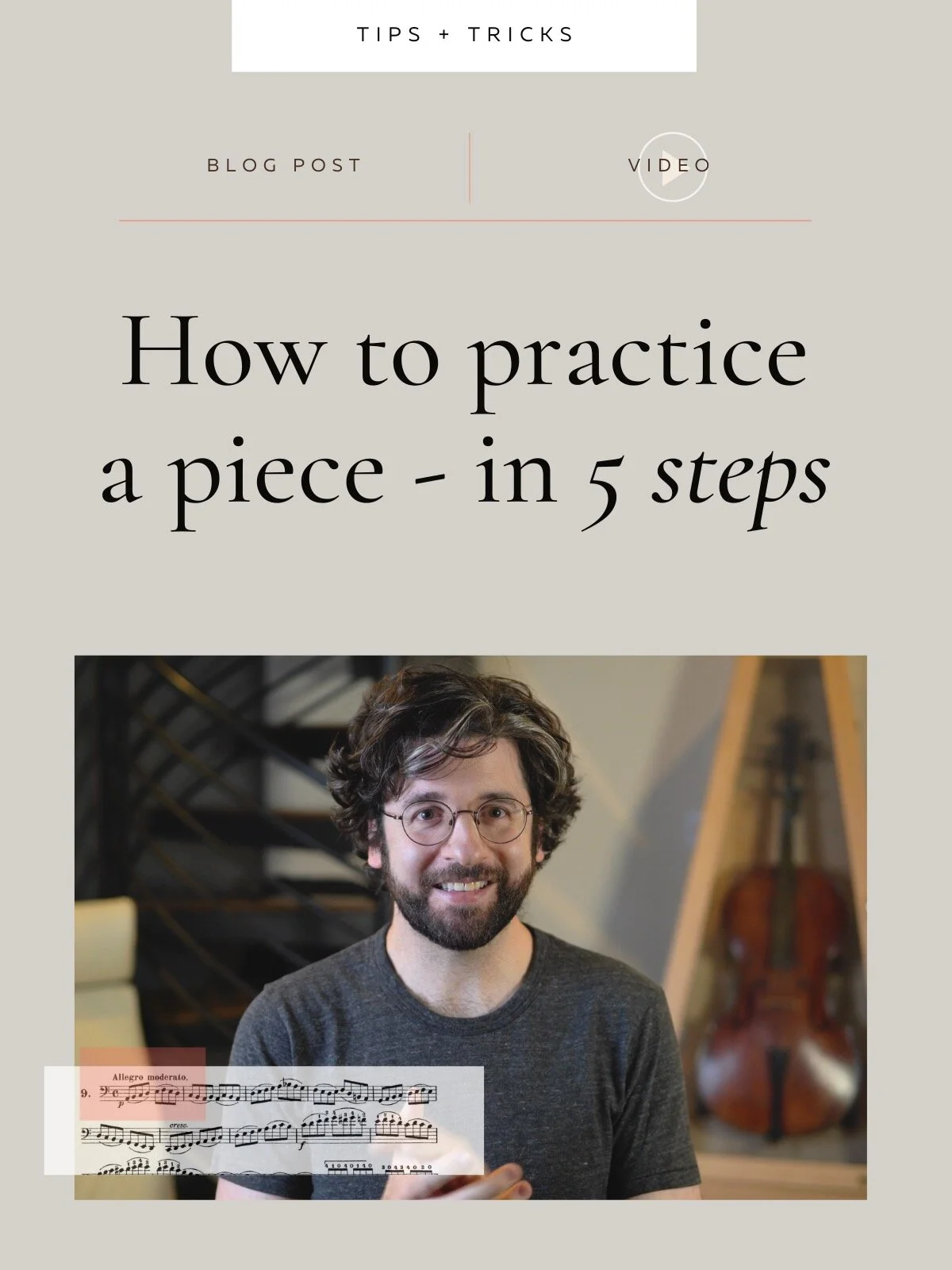Fear vs. Tension
As adult learners, we are faced with a situation that is both exhilarating and taxing. We are fully formed, confident beings with healthy egos. We know who we are (and possibly who we want to become) and we have spent our lives fine tuning our values, morals, and skill sets. And now we get to begin again as rank novices. We feel the excitement of opening a new door for the first time in a long time, but after the initial steps our egos kick in and begin their self-protective chatter. Like a finger that grows calloused in order to prevent pain, our egos are dissuading us from investing in our newfound interests as a means of self defense.
“This is embarrassing. A natural would have breezed through these stages by now.”
“Maybe you don’t have the talent for this.”
“You’re probably just too old to learn something like this. You missed your chance.”
“It’s going to take so long to be even passably decent at this. It’s not worth it.”
I want to talk about the difference between fear and tension. Fear is telling ourselves that what we are attempting is impossible. Fear speaks in absolutes, whether based in truth or not. It inspires paralysis, and thus when we use self talk based in fear, it is like pushing the ejection seat button on our journey.
Tension, by contrast, is telling ourselves that what we are attempting is extremely difficult, that it will take a lot of work to feel a sense of achievement. Tension is a realistic analysis of the scope of our project. It too can be negative, because too much tension at the beginning could cause us to snap under its force.
A fun example of tension was during my flight to Italy last year. About an hour into the flight I switched on the in flight tracker to check our progress. I saw a map of the U.S. and Europe separated by the Atlantic Ocean, and the rainbow shaped arc representing the entire journey. The plane icon was still hovering over LAX. How demoralizing. According to this tracker we hadn’t even moved and I was already subconsciously thinking, ‘are we there yet?’ I purposely ignored the tracker as long as I could stand it and the next time I checked we were over halfway to our goal and this time I felt great.
As adult learners, we need to discard fear based self talk. Period. Regarding those thoughts that create tension, we should use them in so much as they help us. They help us keep a realistic idea of where we are in our journey, they spark healthy competitiveness in us and inspire us to reach further and not to settle with less than our best. But when the mountain starts to seem too high, the trek too long, we have to look down at the path just in front of us and put one foot in front of the other, with a smile.











